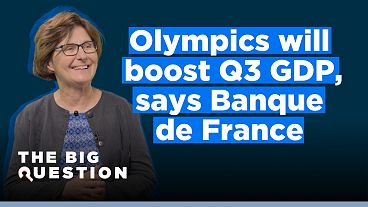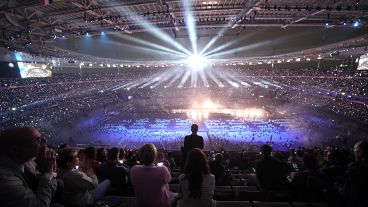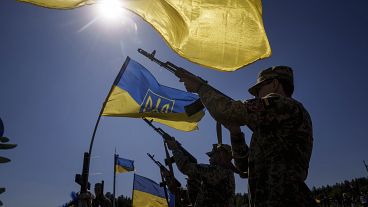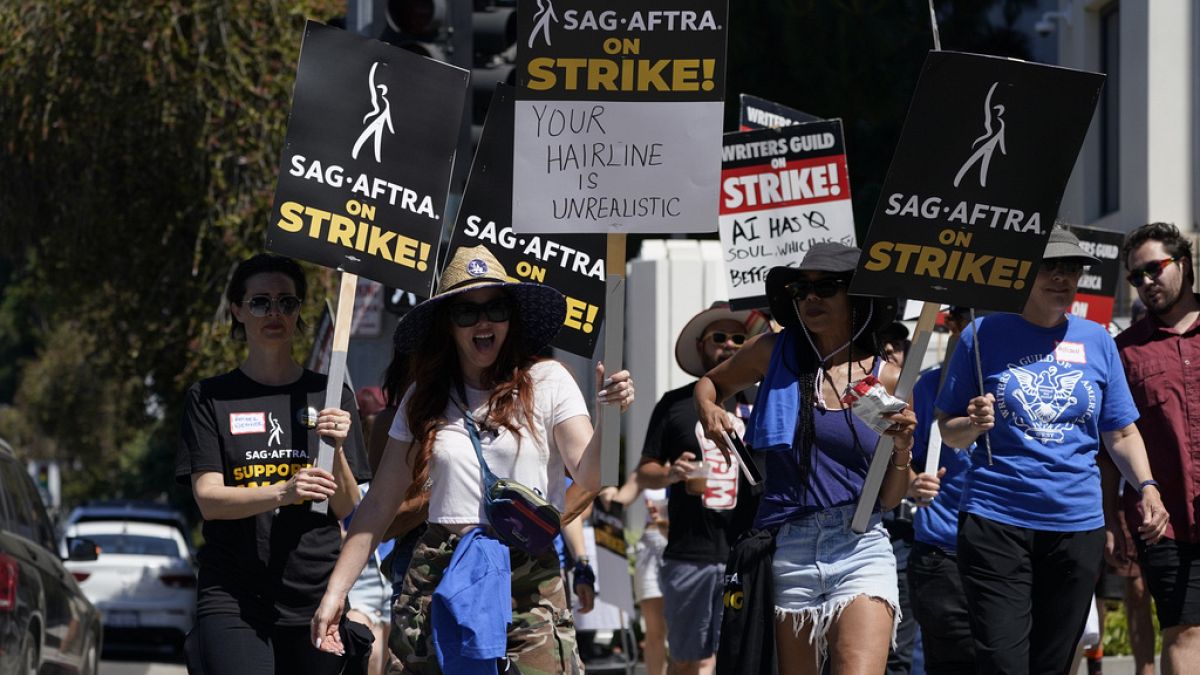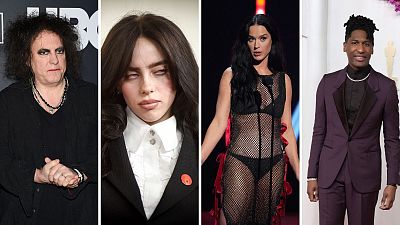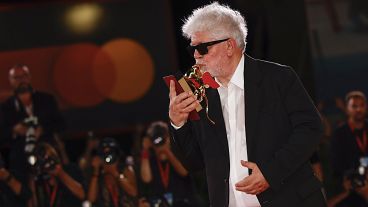The bill would create the first-ever federal right to one’s voice and likeness – something that currently only exists at the state level.
Giants of the US entertainment industry came out this week overwhelmingly in support of a new bill that would outlaw digital deepfakes.
Designed to prevent people from using artificial intelligence to recreate a person’s voice or likeness without their consent, the bill has the support of the SAG-AFTRA labour union, Disney, the Motion Picture Association – which represents six major studios – as well as the Recording Industry Association of America, the Recording Academy, and major music labels and talent agencies.
The bill is also getting further support from tech firms such as OpenAI and IBM.
In addition to bringing consensus to an often fractious industry, it’s notable that the No Fakes Bill is bipartisan, having been introduced by senators Democratic senators Chris Coons (Delaware) and Amy Klobuchar (Minnesota), and their Republican peers Marsha Blackburn (Tennessee) and Thom Tillis (North Carolina).
SAG-AFTRA has long pushed for such a law – currently only found in state law books – to exist at the federal level.
“Game over A.I. fraudsters!” said Fran Drescher, the president of SAG-AFTRA, in a statement. “Enshrining protections against unauthorised digital replicas as a federal intellectual property right will keep us all protected in this brave new world. Especially for performers whose livelihoods depend on their likeness and brand, this step forward is a huge win!”
Coons emphasised, though, that it wasn’t just entertainment professionals who would benefit if the bill becomes law.
“Everyone deserves the right to own and protect their voice and likeness, no matter if you're Taylor Swift or anyone else," he said.
Earlier this year, X temporarily blocked Taylor Swift’s name from being searched after AI-generated deepfake pornography images of the singer went viral. One fake picture of Swift posted on the platform was viewed 47 million times before the account was suspended.
AI has also drawn the ire of many artists and producers, who have aired concerns about replication of their content. More than 200 artists wrote an open letter last April, calling on artificial intelligence tech companies, developers, platforms, digital music services and platforms to stop using AI "to infringe upon and devalue the rights of human artists.”

